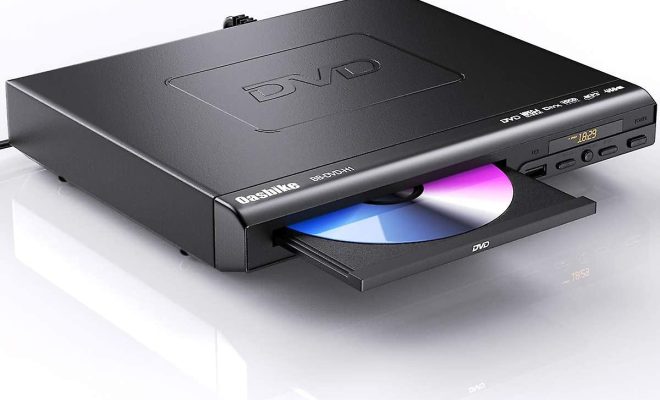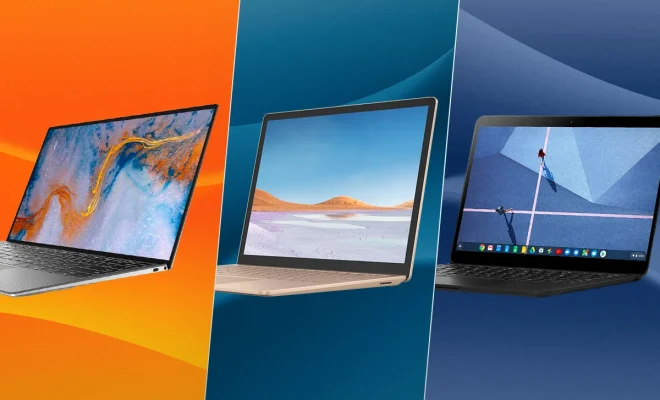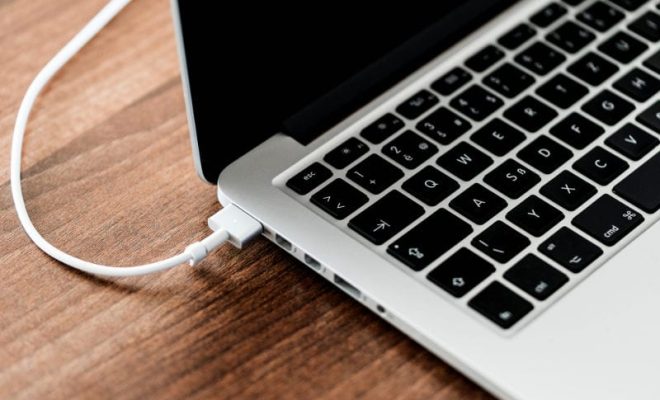The Quick Guide to How Prepaid (No Contract) Phones Work

Prepaid phones, also known as no-contract phones or pay-as-you-go phones, are becoming increasingly popular as an alternative to traditional contract-based phone plans. These phones offer more flexibility and control, as users only pay for the services or minutes they use, without being tied down to a lengthy contract. Here is a quick guide to how prepaid phones work.
How it works
When you purchase a prepaid phone, you usually pay upfront for the phone itself, as well as a certain amount of talk time, texts, and data. Some plans allow you to choose the services you want, while others offer a pre-set bundle of minutes, texts, and data.
Once you have used up your initial credit, you can easily top up your phone by purchasing additional credit or by setting up automatic payments. Many prepaid phone providers offer online top-up services, mobile apps, or vouchers that can be bought at a retail store.
Advantages of prepaid phones
One of the main advantages of prepaid phones is the flexibility they offer. Unlike traditional contract-based plans, you can cancel your service at any time without facing cancellation fees. You can also switch between providers or plans as needed, depending on your usage patterns or budget.
Another benefit of prepaid phones is the control they provide over usage and expenses. With a prepaid phone, you can easily track your usage and avoid the risk of overage fees or unexpected bills at the end of the month.
Prepaid phones can also be a good choice for people who have a lower credit score or limited financial resources. Since you pay upfront and only use what you pay for, there is no credit check or long-term financial commitment required.
Disadvantages of prepaid phones
One of the main drawbacks of prepaid phones is the limited options for phone models and technology. Many prepaid providers offer older or lower-end devices that may not have the same features or capabilities as more advanced smartphones.
Another potential disadvantage of prepaid phones is the higher cost per minute or data compared to contract-based plans. Depending on your usage patterns, you may end up paying more for your services over time with a prepaid plan, especially if you use a lot of data or make frequent international calls.
Lastly, prepaid phones may not offer as many perks or incentives as traditional contract-based plans, such as discounted or free upgrades or access to exclusive content.
Conclusion
Prepaid phones can be a great option if you value flexibility, control, and affordability. By choosing to go prepaid, you can enjoy the benefits of a phone plan without being tied down by a contract or unexpected fees. However, it’s important to carefully consider your usage patterns and budget to ensure that a prepaid phone is the right choice for you.





